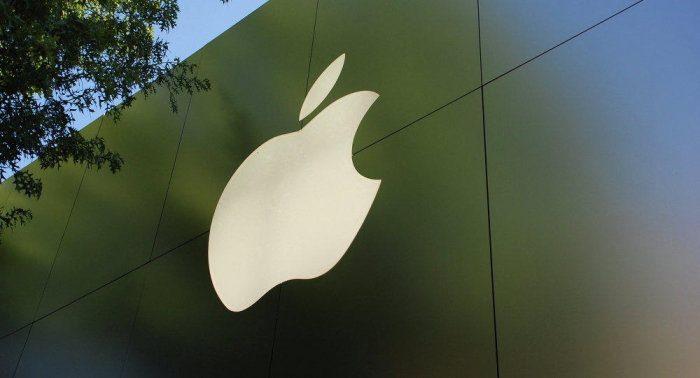The preliminary proposed class-action settlement was disclosed on Friday night and requires approval by U.S. District Judge Edward Davila in San Jose, California.
It calls for Apple to pay consumers $25 per iPhone, which may be adjusted up or down depending on how many iPhones are eligible, with a minimum total payout of $310 million.
Apple denied wrongdoing and settled the nationwide case to avoid the burdens and costs of litigation, court papers show.
The Cupertino, California-based company did not immediately respond on Monday to requests for comment.
Friday’s settlement covers U.S. owners of the iPhone 6, 6 Plus, 6s, 6s Plus, 7, 7Plus or SE that ran the iOS 10.2.1 or later operating system. It also covers U.S. owners of the iPhone 7 and 7 Plus that ran iOS 11.2 or later before Dec. 21, 2017.
Consumers contended that their phones’ performance suffered after they installed Apple software updates. They said this misled them into believing their phones were near the end of their lifecycles, requiring replacements or new batteries.
Apple attributed the problems mainly to temperature changes, high usage and other issues, and said its engineers worked quickly and successfully to address them. Analysts sometimes refer to the slowing of iPhones as “throttling.”
Lawyers for the consumers described the settlement as “fair, reasonable, and adequate.”
They called payments of $25 per iPhone “considerable by any degree,” saying their damages expert considered $46 per iPhone the maximum possible.
The lawyers plan to seek up to $93 million, equal to 30% of $310 million, in legal fees, plus up to $1.5 million for expenses.
Following an initial outcry over slow iPhones, Apple apologized and lowered the price for replacement batteries to $29 from $79.
The case is In re Apple Inc Device Performance Litigation, U.S. District Court, Northern District of California, No. 18-md-02827.
More about:
















































